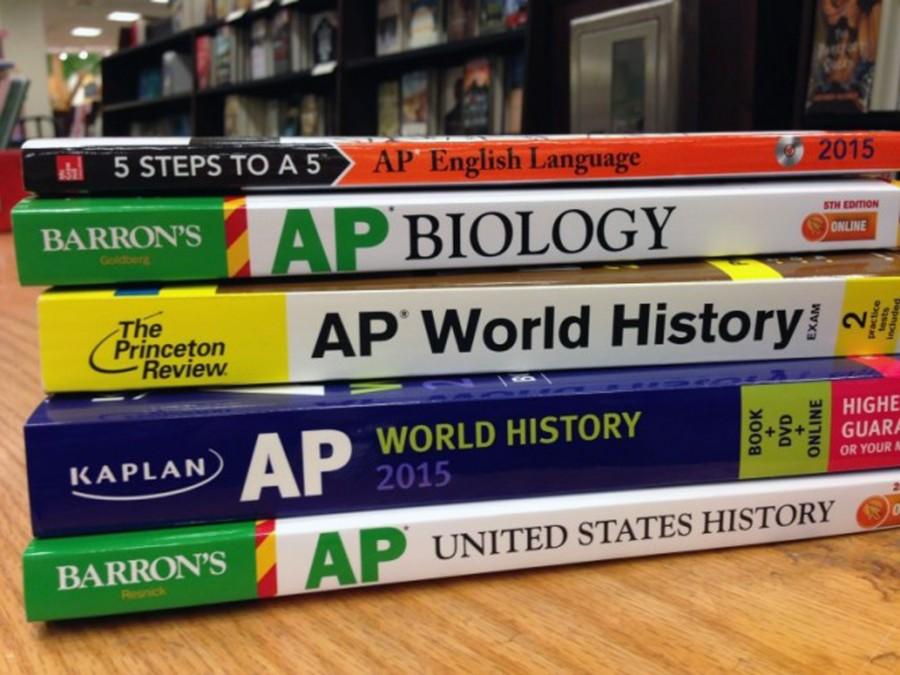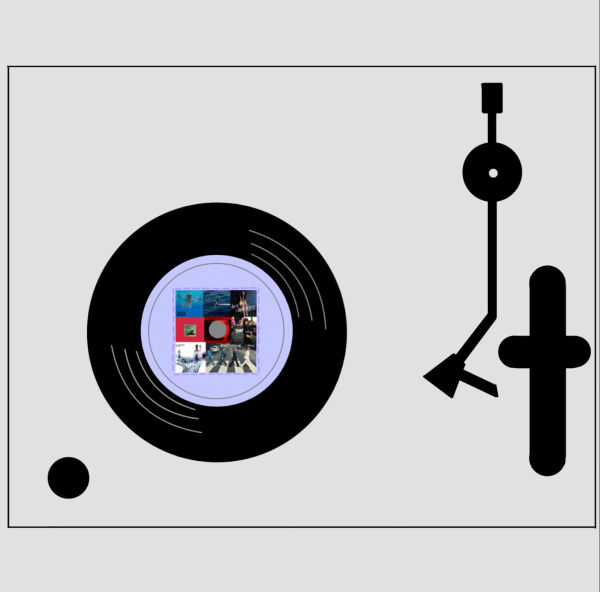The first challenge of AP season: picking the right prep book
There are a variety of AP review books to help students prepare for the exams.
It is a new year, and with it comes the beginning of a long, arduous journey that most students are familiar with: the seemingly far away but deadly close Advanced Placement Exams. Particularly studious students will typically begin now, knowing the sooner they start the better. In this tedious, sanity-threatening quest, only one thing serves as the noble steed that guides students to the light at the end of the tunnel: AP Review Books.
When it comes to AP Review Books, students have a variety of options: the review books are infamous for their frustratingly infinite variety. To start off, everyone knows the prominent “big three”: Princeton Review, Barron’s and, of course, Kaplan. In addition to the big three, there are also the CliffsAp series, 5 Steps to a 5 and the Research & Education Association series (REA).
“I think one of the biggest problems AP students face is the sheer variety of prep books available,” senior Justin Kim said. “It’s nearly impossible to choose.”
To start off, the Princeton Review series, published by Penguin Random House, was founded in 1981. The company distributes its books worldwide with subjects such as the General Educational Development (GED), SAT, SAT Subject Tests and much more. The series is well renown for its thick curriculum intensive and effective course, and the AP Review Book series is no different. The books come with practice tests as well, which are helpful to many students
“I personally prefer the Princeton Review, because their material is pretty in-depth and has lots of practice tests,” senior and AP Scholar Joseph Kim said.
Next, the Barron’s Educational Series was founded in 1941 and also has a varying curriculum as well as materials that prepare students for the typical variety of exams. The Barron’s AP books are also known to be very thick and curriculum-intensive with practice tests. These books are said to have a reputation for their generally good tips and tests that are much harder than the other series. Students are generally divided whether their difficulty is too much or just the right amount.
“I picked Barron’s because their practice tests were so hard,” senior Rene Lee said. “They’re the right level of difficulty to get me really prepared.”
Finally, the Kaplan series was founded in 1938. These textbooks are seen more commonly than Princeton Review and Barron’s. While not as thick as the other two series, they contain the same amount of information in a more precise, condense manner and contain fewer practice tests than the other two.













